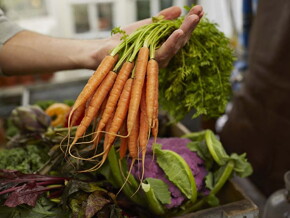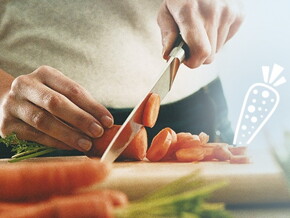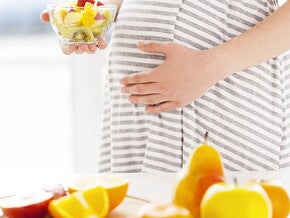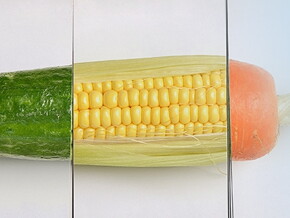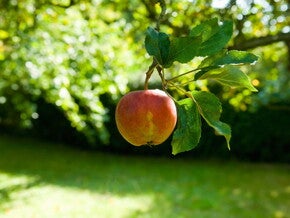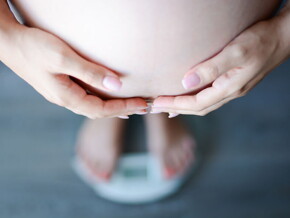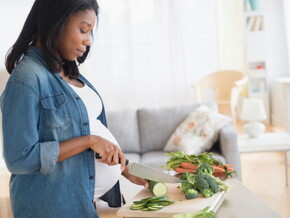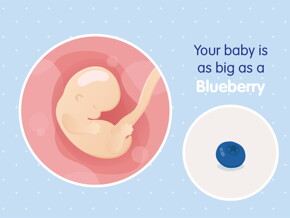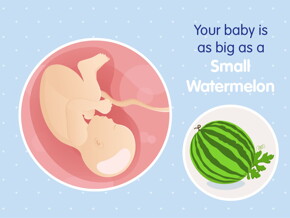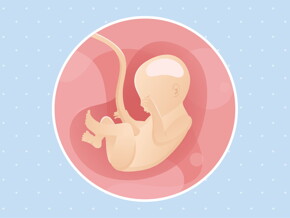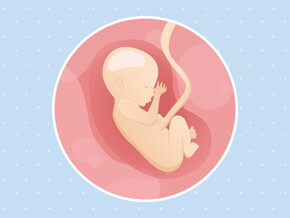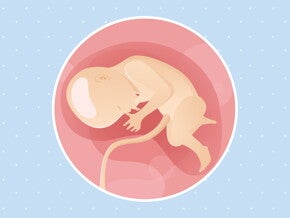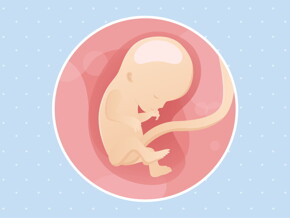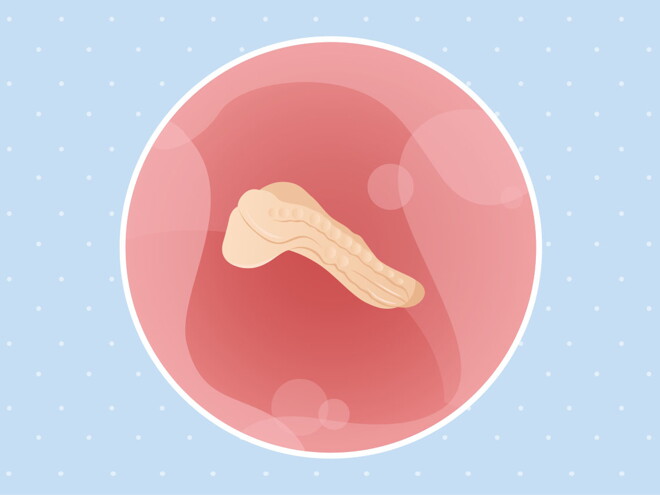
Baby development
Your baby’s heart is beating already! Just a tiny little speck, the embryonic disc that is your baby right now is already made up of three layers of cells that will form the various parts of their body. The science is amazing - the inner layer, the endoderm, will give rise to the organs of their digestive tract, their liver, pancreas and the organs of their respiratory system. The outer layer, the ectoderm, will form their nervous system and different organs as well as their skin, nails and hair. The third layer will form most of their skeletal structure, their heart, urinary tract and sexual organs. In the middle of the mesoderm is the notochord, which will serve as their temporary backbone and from which their central nervous system, future brain and head will form. The embryonic disc goes from about 0.4 mm at the beginning of the week to 1.5-2.5 mm by the end of the week.
Your body
You didn’t get your period when you were supposed to. At first, you probably thought nothing of it. But then…what if? You decided to take a pregnancy test and it was positive. Congratulations! A wonderful adventure is about to begin, one of the best in your life. Nothing is visible, of course, but that won’t last for long.
Nutrition
Taking care of yourself and what you eat is more important than ever. One question that comes up is “do I need to eat for two?” No, pregnant moms don’t need to “eat for two”, meaning twice as much as they usually do. But you do need to choose high quality foods which contain all the important nutrients. Two nutrients that are important for the development of the fetus in the early stages of pregnancy are folic acid and iron.
Experts recommend women eat a diet of folate-rich foods and take a multivitamin with at least 0.4 mg of folic acid, and iron, every day starting at least 3 months before pregnancy, and then continued throughout pregnancy and for 4 to 6 weeks postpartum and throughout breastfeeding.
Folic acid helps reduce the risk of serious birth defects of the spine and brain called neural tube defects. It also helps bodies make new cells. The dark, green leafy types of vegetables, such as kale and spinach are especially rich in folic acid. Dried beans and peas, oranges, folic acid-fortified cereals, white flour, enriched pasta, and enriched corn meal are other good sources of folic acid. Especially vital in the very early weeks, folic acid aids your baby’s neural tube development into their spine and brain.
Iron is an important nutrient to focus on during pregnancy, as your body requires more than normal. The addition of another little human inside leads to an increased blood volume due to the building of the reserves of the fetus and the placenta. Iron helps carry oxygen through the blood, and is necessary for cell division and for the healthy growth of your future baby.
The best sources of iron include those from animals (heme iron) such as red meat, fish, and poultry. Dried peas, beans and lentils, spinach, dried fruit, and iron-fortified breakfast cereals are good non-animal (non-heme) sources of iron. Take care to pair non-animal sources of iron with foods rich in vitamin C, such as oranges, tomatoes, and strawberries, to help your body absorb non-heme iron. Always talk to your health care professional if you are concerned you may not be meeting your vitamin and mineral needs.
Tips
Some foods should be avoided completely during pregnancy. Because of the potential presence of toxins, certain foods may pose a risk to the fetus. Consider it a temporary goodbye to raw seafoods such as raw clams, oysters, & mussels, and raw sushi & sashimi. Deli meats and unpasteurized dairy products are also higher risk foods which you should avoid during pregnancy, along with undercooked meat, poultry, and raw or undercooked eggs. So, continue to wash your vegetables well and avoid mayonnaise or salad dressings made with raw egg.
Reference:
SOGC. Pre-conception Folic Acid and Multivitamin Supplementation for the Primary and Secondary Prevention of Neural Tube Defects and Other Folic Acid-Sensitive Congenital Anomalies. SOGC Clinical Practice Guideline, No. 324. JOGC. 2015;37(6):534-549.
Public Health Agency of Canada. Folic acid and neural tube defects. 2018. Folic acid and neural tube defects - Canada.ca Accessed August 2021.
Health Canada. Food safety for pregnant women. 2019. Food safety for pregnant women - Canada.ca Accessed August 2021.




